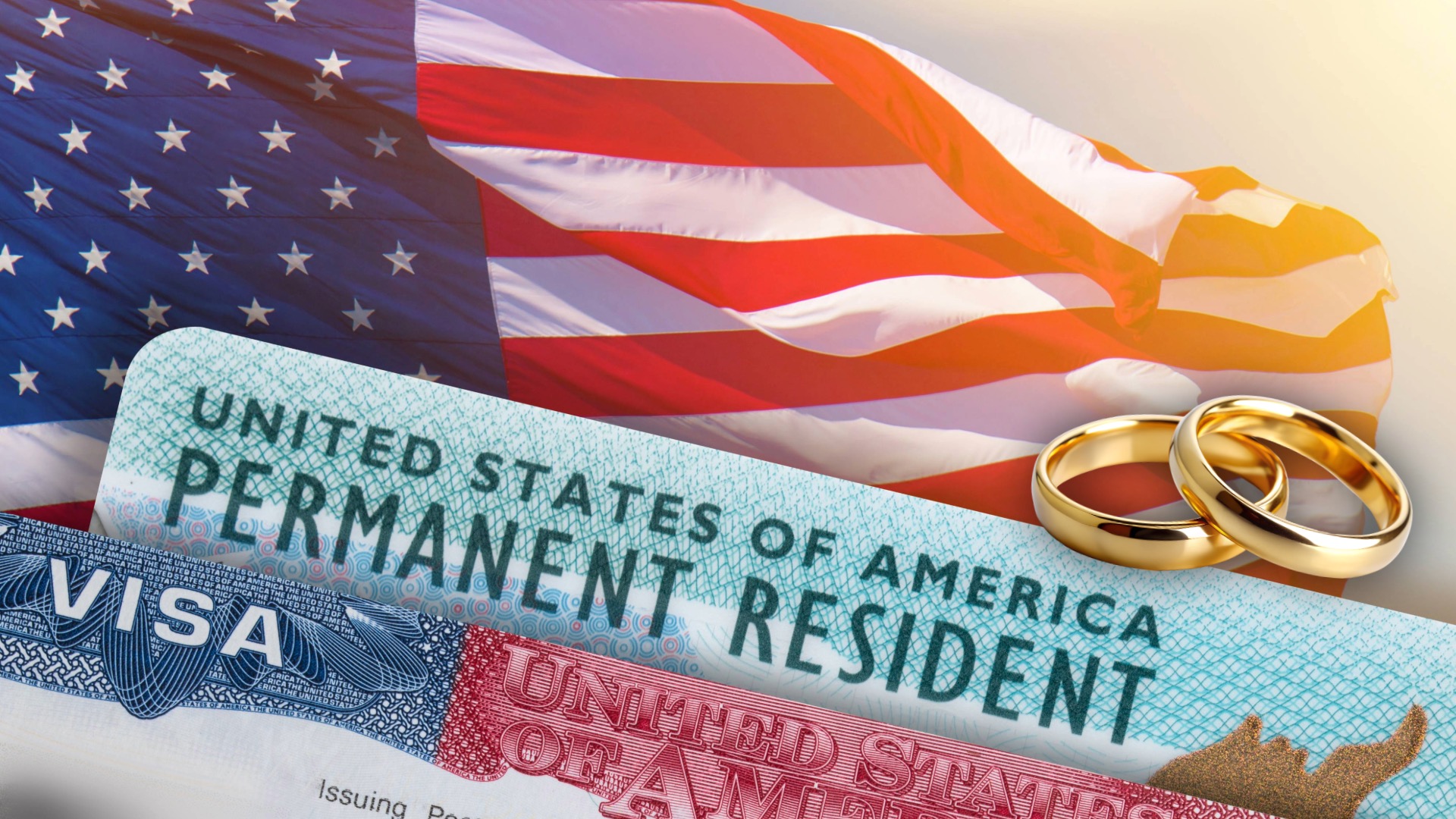
What is Voluntary Departure?
Voluntary departure refers to the option available for individuals to leave the United States without being issued a formal removal order. This can be granted by ICE or CBP either before or during the removal proceedings. In cases where removal proceedings have already begun, an Immigration Judge has the authority to grant voluntary departure, either at the beginning or during the proceedings.
Even if voluntary departure is granted, a removal order will still be issued, which becomes effective only if the individual fails to leave the United States within the specified timeframe.
When granted voluntary departure, the judge may impose certain conditions, such as the payment of a bond or remaining in detention until departure. It is important to note that individuals are responsible for covering their own travel expenses when leaving the country.
It’s worth mentioning that individuals involved in aggravated felonies or terrorist activities are typically ineligible for voluntary departure. However, in general, voluntary departure is considered an option for individuals unless they fall into these specific categories.
To summarize, voluntary departure allows individuals to leave the United States without a formal removal order. It can be granted by ICE, CBP, or an Immigration Judge during or before removal proceedings. Compliance with any conditions set by the judge, such as paying a bond or remaining in detention, is necessary. Additionally, individuals are responsible for their own travel expenses.
Who may grant Voluntary Depature?
Voluntary departure can be granted by different authorities depending on the stage of the immigration process. Before the filing of the Notice to Appear, ICE or CBP (U.S. Immigration and Customs Enforcement or U.S. Customs and Border Protection) have the authority to grant voluntary departure. This means that individuals who have not yet entered removal proceedings may request voluntary departure from these agencies.
If an individual has already been issued a Notice to Appear and is in removal proceedings, the Immigration Judge has the power to grant voluntary departure. This can occur either at the beginning of the case or at the conclusion of the proceedings. In the case of voluntary departure being granted by the Immigration Judge, it’s important to note that a removal order will still be issued, which becomes effective only if the individual does not depart the United States within the specified timeframe.
To summarize, voluntary departure can be granted by ICE or CBP before the filing of the Notice to Appear, while the Immigration Judge has the authority to grant voluntary departure during removal proceedings.
Basic Requirements for Voluntary Departure
To be granted voluntary departure, there are certain requirements and considerations to keep in mind. Here are the basic requirements for voluntary departure:
- Eligibility: You need to demonstrate that you are eligible for voluntary departure. This means meeting the criteria set by the authorities. Individuals who have been convicted of an aggravated felony or are deportable under national security provisions may not qualify for voluntary departure.
- Timing: The timing of your request for voluntary departure depends on the stage of the immigration process. You can request voluntary departure before you see an Immigration Judge, during removal proceedings, or at the conclusion of the proceedings. The specific stage at which you request voluntary departure may have different requirements and implications.
- Express Request: You must make an explicit request for voluntary departure. This request can be made to the Immigration Judge during a hearing or to the Department of Homeland Security (DHS). It’s important to clearly express your intention to depart voluntarily.
- Waiver of Rights: In certain stages, such as during removal proceedings or at the conclusion of proceedings, you may need to waive your right to apply for other forms of immigration relief or appeal. By seeking voluntary departure, you forego the opportunity to pursue alternative options.
- Physical Presence: If you are requesting voluntary departure at the conclusion of removal proceedings, you must demonstrate that you have been physically present in the United States for at least one year prior to the service of the Notice to Appear.
These are the basic requirements for voluntary departure. It’s crucial to consult with an immigration attorney or legal professional to understand the specific details and implications in your particular case. They can guide you through the process and ensure that you meet the necessary requirements.
Voluntary Departure at the Beginning of your Case
At the beginning of your immigration case, the judge holds the authority to grant you voluntary departure if you meet certain requirements. To qualify for voluntary departure at this stage, the following conditions must be met:
- Request Timing: You must request voluntary departure before or during the master calendar hearing, which is one of the initial hearings before an immigration judge. It is crucial to make this request at the appropriate time.
- Exclusive Request: When seeking voluntary departure at the beginning of your case, you must solely request this option and not pursue any other form of relief. It is important to express your intention to depart voluntarily.
- Acknowledgment: You need to inform the judge that the government can remove you from the United States. This is an acknowledgment of your removability.
- Waiver of Appeals: You must state that you will not appeal any decision made by the judge. By doing so, you waive your right to appeal.
- Ineligibility Criteria: Certain factors can disqualify you from being granted voluntary departure at the beginning of your case. These include being an aggravated felon or a terrorist. Such circumstances may make you ineligible for this option.
After Your Voluntary Departure Request is Submitted
After requesting voluntary departure, the judge has up to 30 days to make a decision regarding your request. If the judge grants you voluntary departure, they will inform you in person about the specific day you must leave the United States.The judge considers various factors when deciding whether to grant voluntary departure. It is essential to present evidence that supports your case and demonstrates the positive aspects.
Positive Aspects The Judge Considers:
- Long-term residence in the United States
- The presence of family members and friends in the country
- The distance between them and you.
Negative Aspects The Judge Considiers:
- Reason For Your Removal
- Criminal History
- Previous Immigration Law Violations
- Evidence Of Bad Character
The judge has the discretion to impose certain conditions along with granting voluntary departure. These conditions may include posting a bond or being detained until you depart from the United States. Additionally, you are responsible for covering your travel expenses when leaving the country.
If the judge grants you voluntary departure, you will typically be given a maximum of 120 days to leave the United States. To receive the full 120-day period, you must provide travel information, such as a plane ticket, to the judge within 60 days. Failure to provide the necessary travel information may result in a different type of removal order being issued.
Please note that immigration cases can be complex and require individualized attention. It is advisable to consult with an immigration attorney or legal professional who can provide specific guidance based on your circumstances.
Voluntary Departure at the End of Your Case
When your immigration case is nearing its conclusion, the judge’s authority to grant voluntary departure becomes more limited. However, there are still certain requirements that must be met for you to be eligible for voluntary departure at this stage.
Requirements to be eligible for voluntary departure:
- Physical Presence: You must have been physically present in the United States for at least one year before receiving a Notice to Appear from the Department of Homeland Security, typically issued by ICE. This requirement demonstrates a significant period of residence in the country.
- Good Moral Character: You need to establish a record of good moral character for at least five years preceding your application for voluntary departure. The judge may review your entire moral character history to assess your eligibility.
- Ineligibility Criteria: You cannot be an aggravated felon or a terrorist to be eligible for voluntary departure at the end of your case. These factors may disqualify you from this option.
- Bond Payment: You must be able to pay the bond set by the judge, which will be at least $500. The bond serves as a financial assurance of your compliance with the departure order.
- Additionally, you are responsible for covering your travel expenses.
If the judge approves your request for voluntary departure, you will typically be given up to 60 days to voluntarily depart from the United States. It is essential to adhere to the specified timeline to avoid further complications.
If You Have a Bond
If the judge grants you a bond in your immigration case, it is crucial to fulfill the bond requirements within five business days to avoid adverse consequences. Failure to comply with the bond conditions will trigger an alternate removal order, leading to the initiation of your removal proceedings.
Written by David Joseph Rozas
David Rozas is an experienced criminal and immigration lawyer and one of the founding partners of Rozas & Rozas Law Firm. He has been with the firm since 2004, joining his brother, Greg in practice. David concentrates his law practice on criminal defense and immigration.

.svg)















